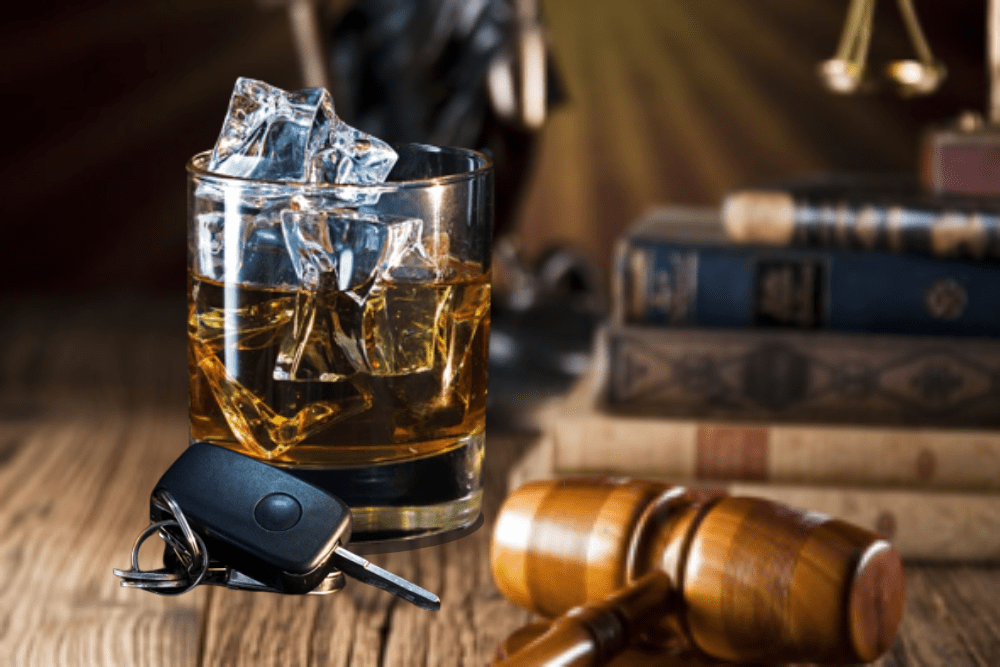When flashing lights appear in your rearview mirror, it can be stressful – whether or not you have been drinking.
Consequently, you may do or say something that can unintentionally escalate an innocent situation.
Being prepared for what happens next after an OUI traffic stop can help you remain calm, say and do the right things, and handle the situation in your best interests.
Call 207-571-8146 or contact us online to schedule a consult with one of our highly skilled criminal defense & OUI lawyers, serving Southern Maine, today.
Table of Contents
What happens during an OUI stop?
In Maine, if you are found driving a motor vehicle with a blood alcohol content of .08 or more (or with mental or physical faculties impaired to any extent) you will be arrested and charged with Operating Under the Influence (OUI).
This is essentially the same as DUI/DWI, as it is termed in other states, or “drunk driving” as it’s commonly known.
Most drivers charged with OUI are arrested by a law enforcement officer at a traffic stop – often at a routine stop or after an officer observes erratic driving or speeding.
When you are pulled over, the police officer who handles your case will be trained to look for any indication that you are intoxicated or that you have been drinking. Your behavior and the contents of your car will be observed.
As well as erratic driving, officers are generally looking for other signs of impairment, such as motor skill impairment and/or confusion in attempting to locate items, as well as the odor of alcoholic beverages and bloodshot eyes.
If the officer feels that signs of impairment are evident, you will be requested to submit to a roadside breath test and/or field sobriety tests (FSTs) to make sure that you are fit to drive.
These tests allow the officer to gather evidence against you to demonstrate that you were driving with your mental or physical faculties impaired.
The officer is likely to have studied and practiced FSTs extensively, so will be skilled at administering the test and “scoring” your performance.
While participation in an FST is voluntary under Maine law, your refusal to submit to FSTs or a breath test, will be admissible evidence at trial.
If the police officer believes that there is probable cause to support impaired or drunk driving, you will be arrested on the spot.
What happens after your OUI arrest?
Once you are arrested on suspicion of operating under the influence (OUI), you will be taken to the local police station.
You will be asked to submit a chemical (breath, blood or urine) test and this will be used to confirm your Blood Alcohol Content (BAC).
If it is confirmed as .08 or over, you will be charged with OUI. Your fingerprints and photograph will be taken and you will be placed in a holding cell.
It is advisable if you have not already done so at this point, to contact an OUI attorney to begin working on your release and your defense.
Call 207-571-8146 or contact us online to schedule a consult with one of our highly skilled criminal defense & OUI lawyers, serving Southern Maine, today.
What should you do when stopped for an OUI in Maine?
If you are pulled over for an OUI, there are some important dos and don’ts that can influence the outcome of the situation.
Following are some general guidelines to help prepare you if you are pulled over at an OUI stop:
DOs
- Pull over safely – create a good first impression by carefully pulling over and parking your vehicle safely as soon as possible after you realize the flashing lights are for you.
- Stay calm and be prepared – take a few deep breaths before the officer arrives at your vehicle.
- Be polite and non-confrontational – address the officer as “sir” or “ma’am” – even if you refuse to answer questions or submit to field sobriety tests.
- Have your license, registration and proof of insurance ready for the officer, if possible.
- Remain in your car – until specifically requested to step out.
- Keep your hands visible on the steering wheel – the officer will be very wary of potential threats from firearms or other weapons.
DON’Ts
- Exit your vehicle – unless specifically told to do so by the police officer. If you do exit your car without being asked, it may be seen as a threat by the officer and you could place yourself in danger.
- Be rude, argumentative or aggressive – this will just get you off on a bad footing, make the officer suspicious, and encourage further action.
- Be confrontational by saying you know people or that your lawyer will handle this and get the case thrown out of court.
- Make sudden movements like grabbing things from the seat next to you or behind you -again this could be deemed a threat by the officer.
- Say anything that you are not required to say (silence is golden and it is your right) – for instance, if the officer asks if you have been drinking, you do not have to answer the question (if you do answer and have been drinking, admit it).
What are the consequences of an OUI conviction in Maine?
If you are arrested, charged, and convicted of OUI in Maine, there are immediate and long-term consequences.
Your license will be suspended within a few weeks of being arrested for DUI by the Maine Bureau of Motor Vehicles (BMV), and your car will be towed. You may be able to apply for a work-restricted license that will allow you to drive to work and school, IF this is a first offense.
If you fail to submit to a chemical test when requested by law enforcement, you will be facing mandatory minimum penalties if you are convicted:
- A 275-day license suspension (this will run consecutively to the potential 150-day suspension imposed by the Court if you are convicted of OUI)
- A mandatory minimum jail sentence of 96 hours
- A mandatory minimum $600 fine
- Admission of your refusal in a criminal trial for OUI
These penalties are for first-time OUI offenders. Harsher penalties apply for repeat offenders and if aggravating factors (like speeding) are present.
Besides these immediate penalties, a conviction on your record can create long-term issues with employment, housing, education, travel, and so on.
Remember! Stay calm and collected
You will not win your case at the roadside.
When you are stopped and even if you are arrested and charged, that is not the time to begin your defense.
It starts after you call your lawyer. Until then, it’s best to say as little as possible and stay calm and collected.
An OUI conviction is still a long way off. The State must prove beyond a reasonable doubt that you operated your vehicle while either under the influence of alcohol (or drugs) or with a BAC of .08 or above.
An experienced OUI attorney will provide a decent chance of escaping a criminal conviction, no matter how strong the evidence against you seems at the time.
Call 207-571-8146 or contact us online to schedule a consult with one of our highly skilled criminal defense & OUI lawyers, serving Southern Maine, today.
Blog Posts

OUI cases in Maine usually start when a law enforcement officer pulls over a vehicle. From that point, many things can happen but if the officer even has a slight[...]

January 11th, 2025, in Skowhegan, Maine, a Maine Department of Transportation plow truck sustained a head-on collision caused by a drunk driver on Route 2, as reported by law enforcement.[...]

The tragic events of a fatal car crash in 2023 that claimed the lives of four young people have finally reached a pivotal legal outcome. Noelle Tavares, a former Maine[...]

In most states, there are many different places that the average person can take a driving course to satisfy court requirements as related to an DUI conviction. However, in the[...]
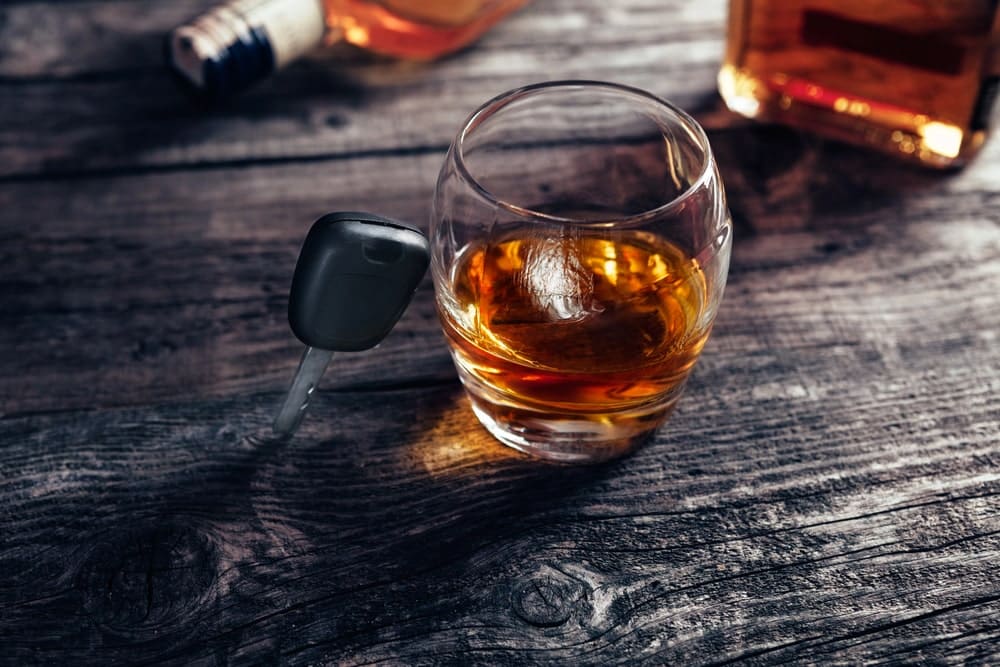
Defending against OUI offenses in Southern Maine Anyone charged with a 2nd OUI in Maine should expect little leniency from the criminal justice system. This makes it even more important[...]
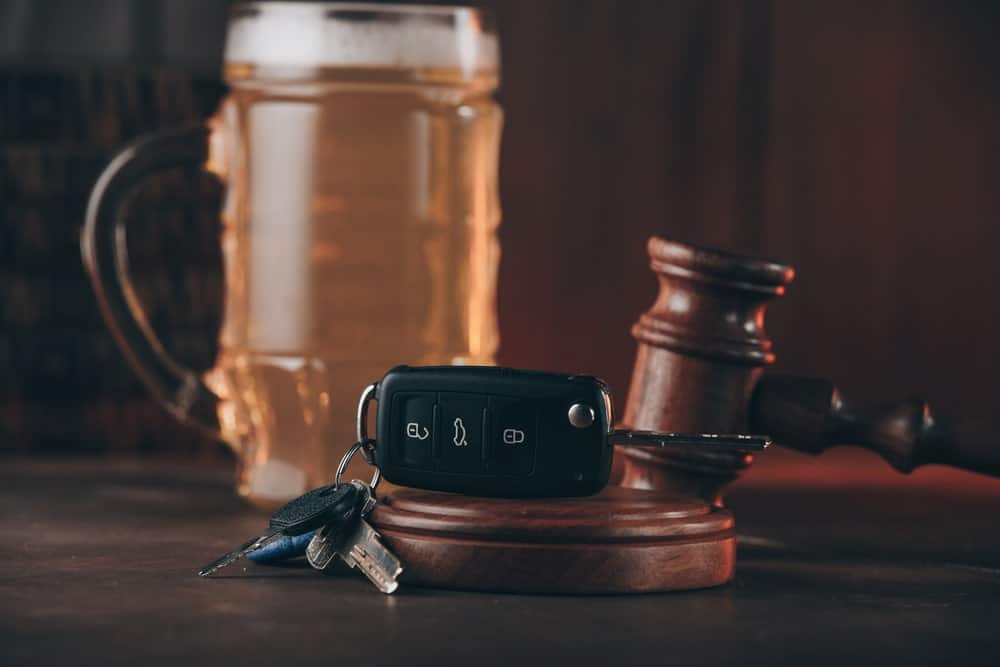
Defending against OUI Refusals in Southern Maine Did you know that it is a criminal offense to refuse to submit to a chemical test if lawfully requested to do so[...]
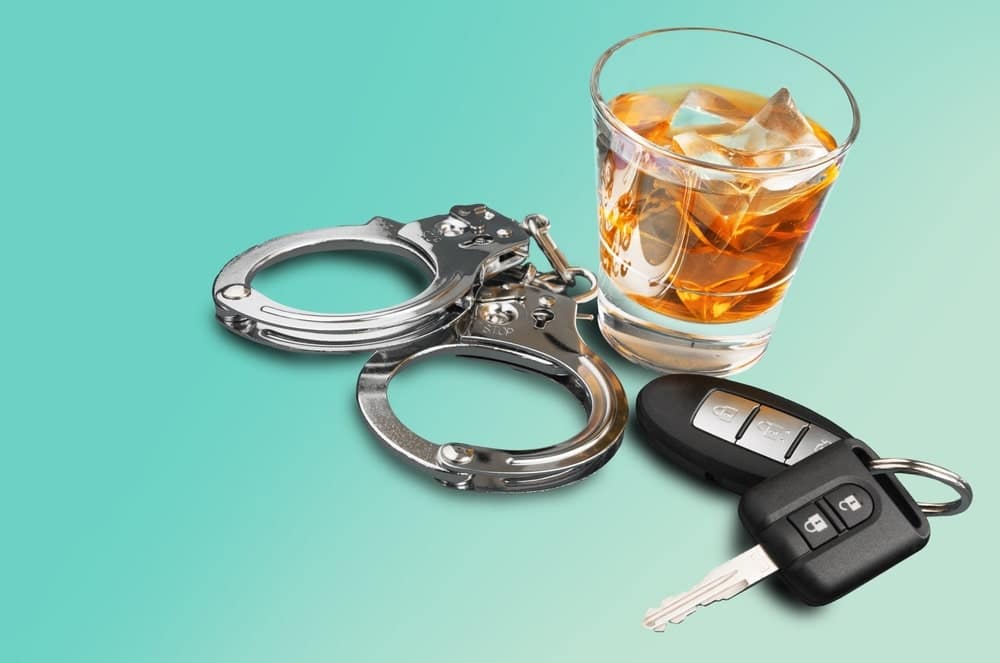
Reducing an OUI charge in Maine OUI charges are handled severely in Maine. For many people, a drunk-driving charge is their first time dealing with the criminal justice system and,[...]

Alcohol laws of Maine While you should be aware of the strict OUI laws in Maine, it’s also important to know about other ways you can face a traffic infraction[...]
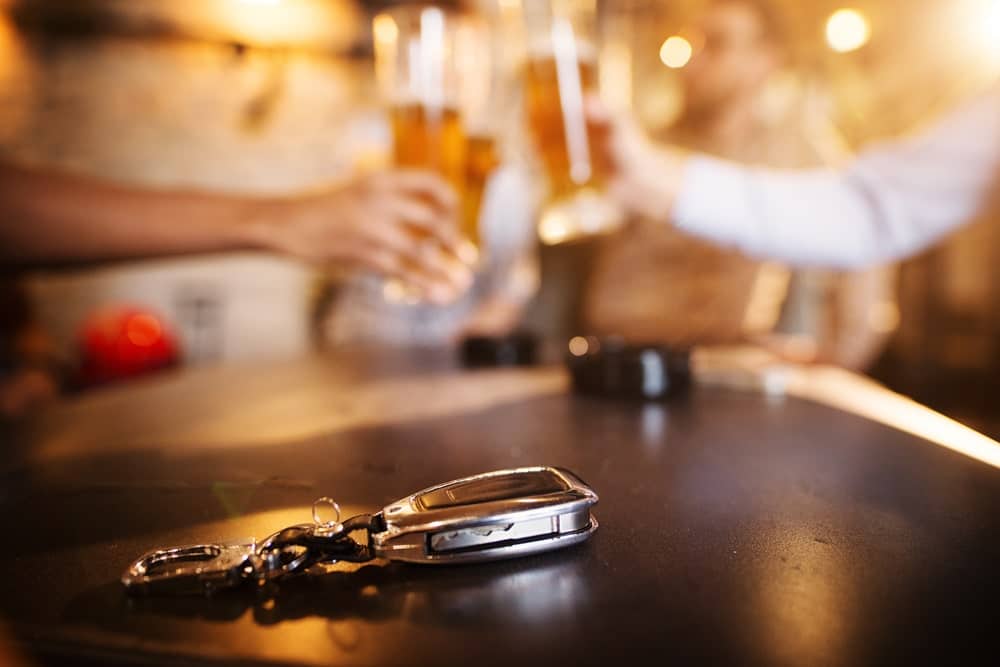
Defending against OUI offenses in Southern Maine A first OUI in Maine can potentially have long-term consequences, but with the right legal representation, alleged offenders can escape the harshest penalties.[...]
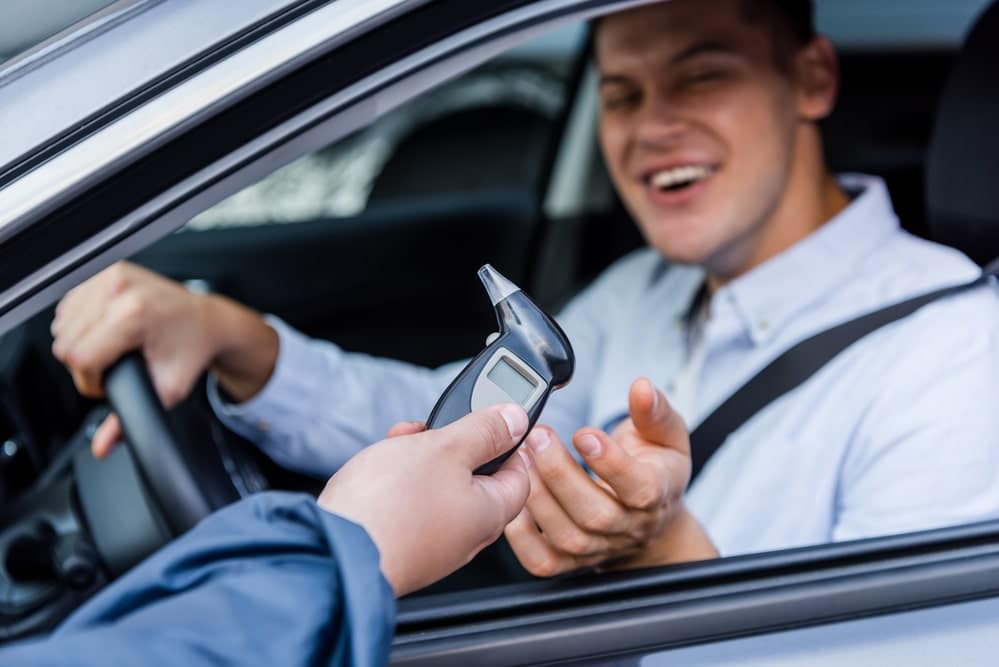
If you blow under .08 in a DUI breath test in Maine, it may be jumping the gun to breathe a huge sigh of relief. You may not be “free[...]
